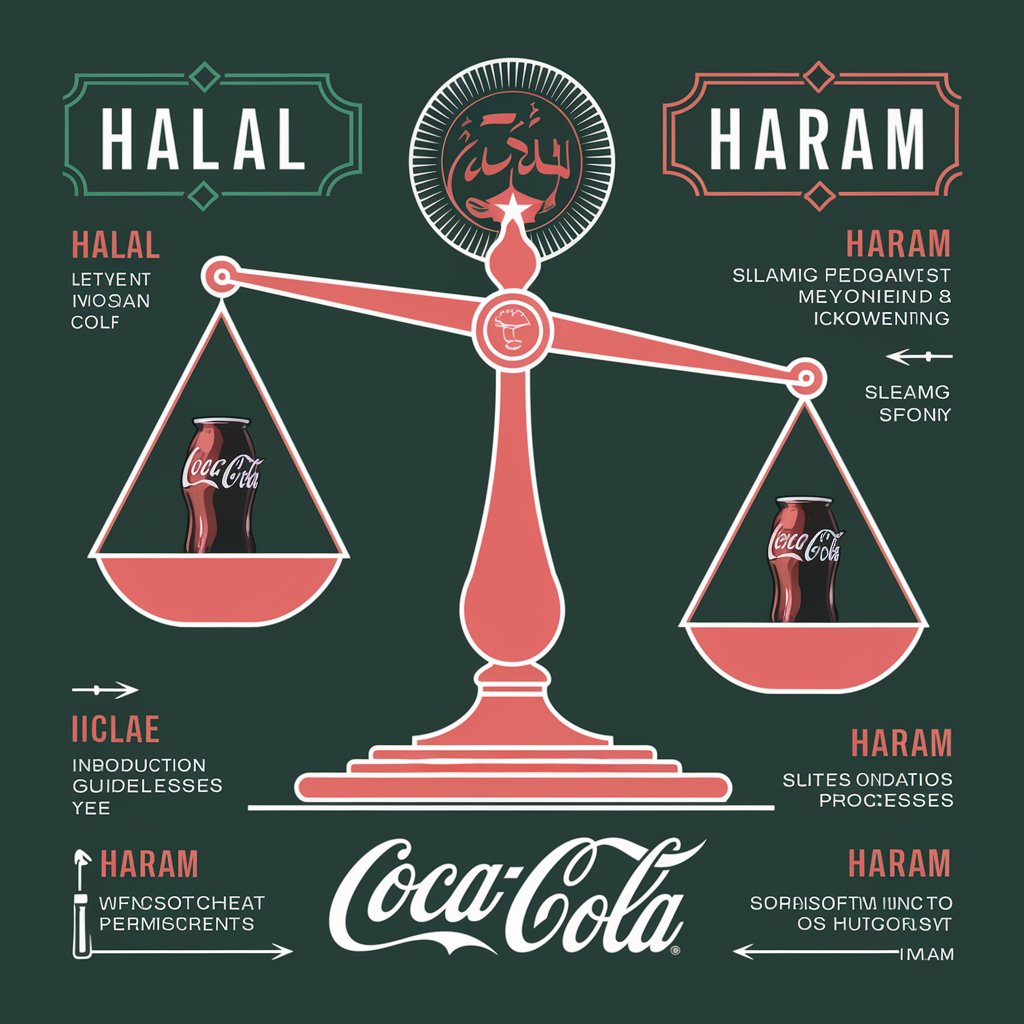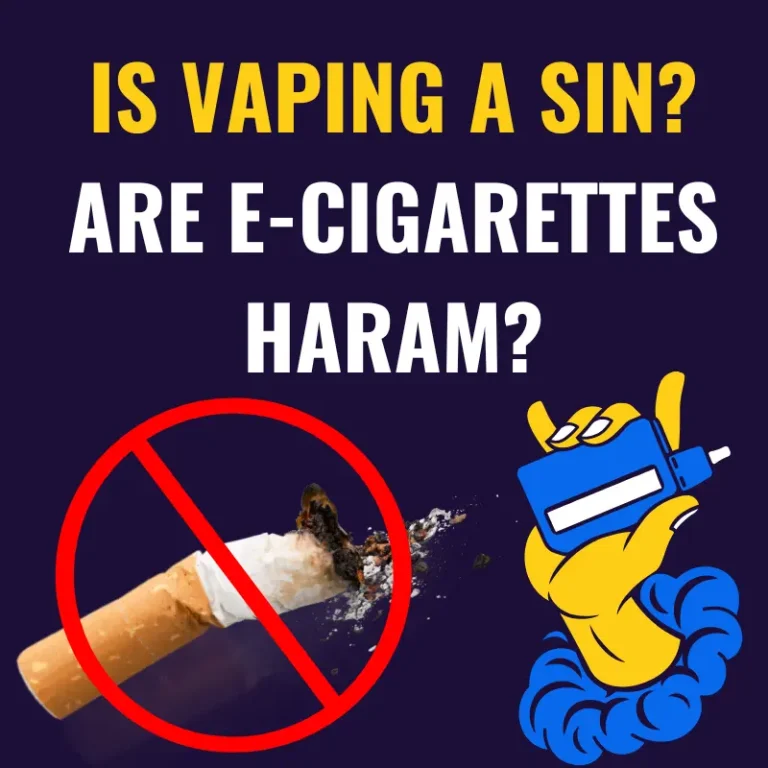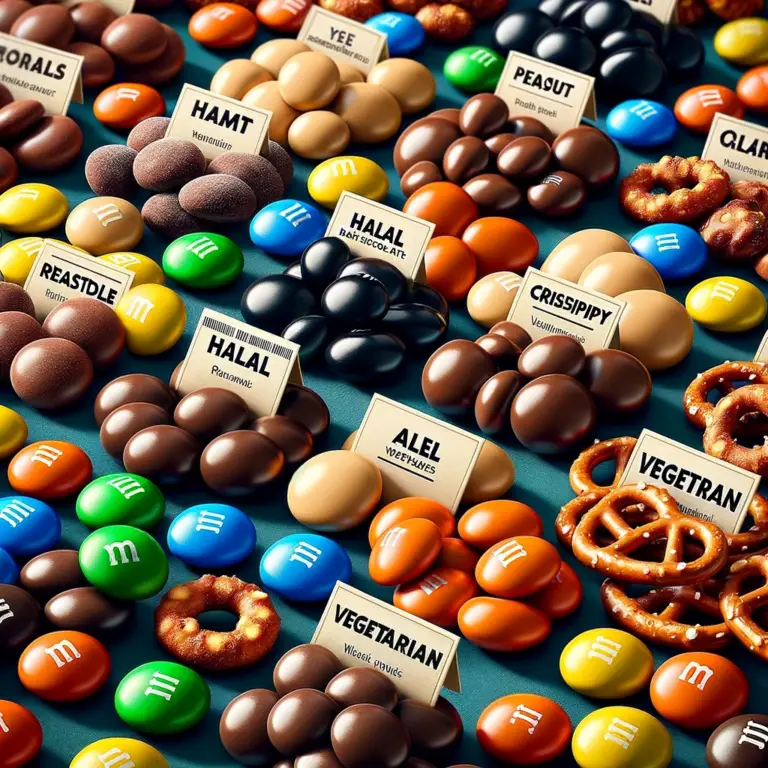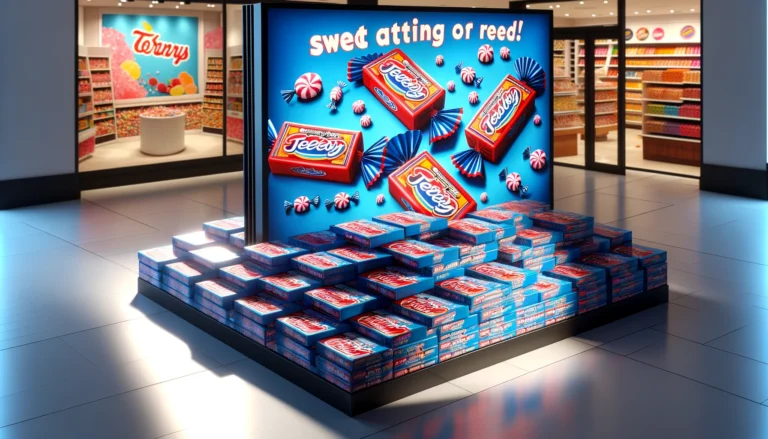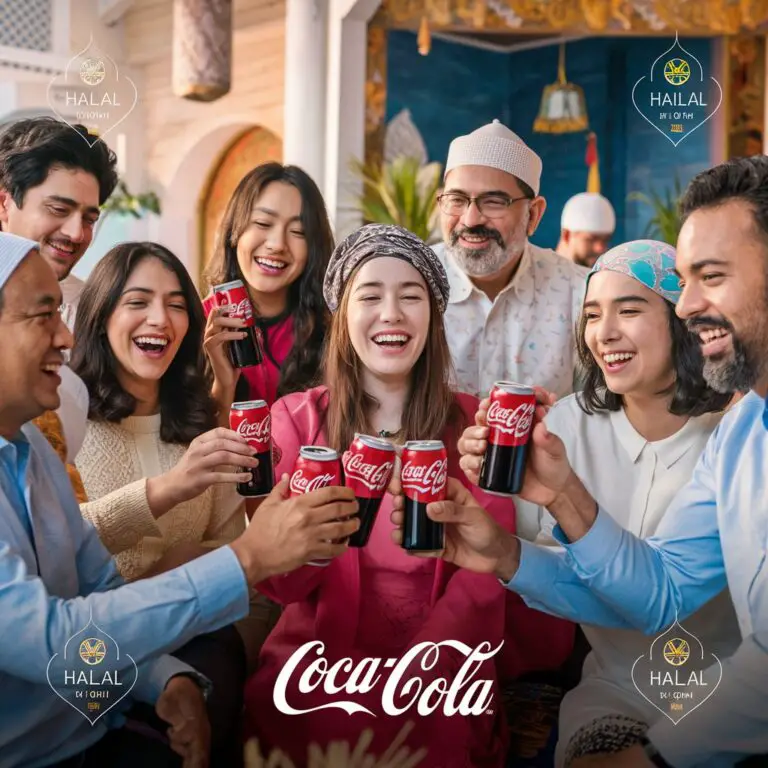Is Coke Halal?
As an expert in the field of Islamic dietary laws and the halal status of various foods and beverages, I have conducted extensive research on the topic of whether Coca-Cola, commonly known as Coke, is considered halal for Muslim consumers. In this comprehensive article, I will share my findings and insights to help you understand the complexities surrounding this question and make an informed decision based on your beliefs and values.
Understanding Halal and Haram in Islam
In Islam, the concepts of halal (permissible) and haram (forbidden) are central to the dietary laws that guide Muslim consumers. These laws are derived from the Quran, the holy book of Islam, and the Hadith, the sayings and actions of the Prophet Muhammad (peace be upon him). For a food or beverage to be considered halal, it must meet the following criteria:
- It must not contain any prohibited ingredients, such as pork, alcohol, or other intoxicants.
- It must be prepared, processed, and stored using utensils and equipment that are free from contamination with prohibited substances.
- It must be slaughtered according to Islamic guidelines if it is an animal product.
On the other hand, haram substances are strictly forbidden for Muslim consumption. These include:
- Pork and its byproducts
- Alcohol and other intoxicants
- Animals that are not slaughtered according to Islamic guidelines
- Carnivorous animals and birds of prey
- Blood and its byproducts
The Ingredients in Coca-Cola
To determine whether Coke is halal, we must first examine its ingredients. According to the Coca-Cola Company, the main ingredients in Coca-Cola are:
| Ingredient | Description |
|---|---|
| Carbonated Water | Water that has been infused with carbon dioxide gas under pressure. |
| High Fructose Corn Syrup | A sweetener made from corn starch that has been processed to convert some of its glucose into fructose. |
| Caramel Color | A dark brown color additive made by heating sugar or other carbohydrates. |
| Phosphoric Acid | A colorless, odorless liquid that gives Coke its tartness and acts as a preservative. |
| Natural Flavors | A blend of plant extracts, fruit extracts, and other natural substances that give Coke its unique taste. |
| Caffeine | A stimulant naturally found in coffee, tea, and cocoa beans, added to Coke for its energizing effects. |
At first glance, none of these ingredients appear to be inherently haram. However, some concerns have been raised about the following:
- The source of natural flavors: Some natural flavors may be derived from alcohol or animal products, which could render the beverage haram if not sourced from halal ingredients.
- The use of alcohol in the production process: In some countries, Coca-Cola may use small amounts of alcohol as a carrier for the natural flavors. While the alcohol is burned off during the production process, some Muslims may still consider this problematic.
Coca-Cola’s Halal Certification
To address the concerns of Muslim consumers, Coca-Cola has sought halal certification for its products in several countries. Halal certification is a process by which a third-party organization, typically an Islamic authority, verifies that a product meets the requirements of Islamic law.
In many Muslim-majority countries, such as Indonesia, Malaysia, and the United Arab Emirates, Coca-Cola has obtained halal certification from reputable Islamic authorities. These certifications confirm that the ingredients and production processes used in these countries are free from prohibited substances and comply with Islamic guidelines.
However, it is important to note that halal certification may vary from country to country, and the standards used by different certifying bodies may not be uniform. Therefore, some Muslims may still choose to avoid Coca-Cola, even if it has obtained halal certification in their country.
The Debate Among Islamic Scholars
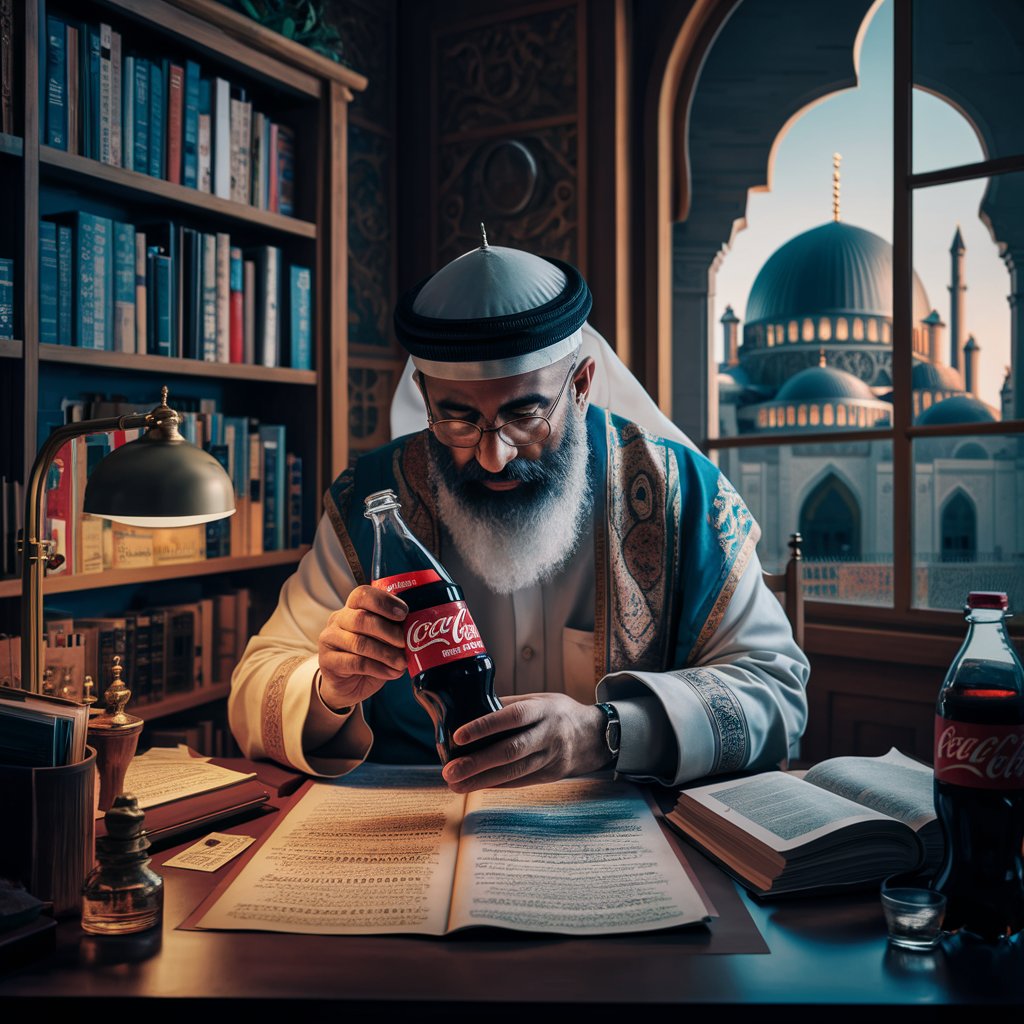
The question of whether Coke is halal has been a subject of debate among Islamic scholars. While some scholars argue that Coca-Cola is permissible as long as it does not contain any prohibited ingredients and is produced in a halal manner, others maintain a more cautious approach.
Those who consider Coke to be halal often point to the fact that the ingredients listed by the Coca-Cola Company are not inherently haram. They also argue that the small amounts of alcohol used in some production processes are negligible and do not affect the halal status of the final product.
On the other hand, scholars who advise against consuming Coca-Cola often cite the principle of “doubtful matters” in Islamic law. This principle states that if there is uncertainty about the permissibility of a substance, it is better to avoid it altogether. These scholars may also argue that the lack of transparency surrounding the sources of natural flavors and the use of alcohol in production raises doubts about the halal status of the beverage.
Making an Informed Decision
Ultimately, the decision of whether to consume Coca-Cola is a personal one that each Muslim must make based on their own understanding of Islamic law and their level of comfort with the available information. If you are unsure about the halal status of Coke, you may wish to:
- Consult with a trusted Islamic scholar or authority for guidance.
- Look for Coca-Cola products that have obtained halal certification from reputable Islamic organizations in your country.
- Consider alternative beverages that are known to be halal and free from any doubts or concerns.
As an expert in this field, my advice is to prioritize your spiritual well-being and make choices that align with your faith and values. If you have any doubts about the permissibility of a product, it is always better to err on the side of caution and seek out alternatives that you can consume with confidence.
Conclusion
The question of whether Coca-Cola is halal is a complex one that has been the subject of ongoing debate among Islamic scholars and Muslim consumers. While the ingredients in Coke do not appear to be inherently haram, concerns have been raised about the sources of natural flavors and the use of alcohol in some production processes.
Coca-Cola has sought halal certification in several Muslim-majority countries, indicating that its products are permissible for Muslim consumption in those regions. However, the standards for halal certification may vary, and some Muslims may still choose to avoid the beverage due to the principle of “doubtful matters” in Islamic law.
Ultimately, the decision to consume Coca-Cola is a personal one that each Muslim must make based on their own understanding of Islamic law and their level of comfort with the available information. By staying informed, consulting with trusted Islamic authorities, and prioritizing your spiritual well-being, you can make choices that align with your faith and values.

